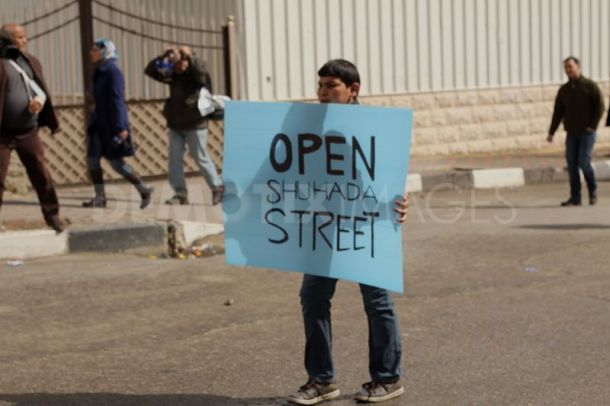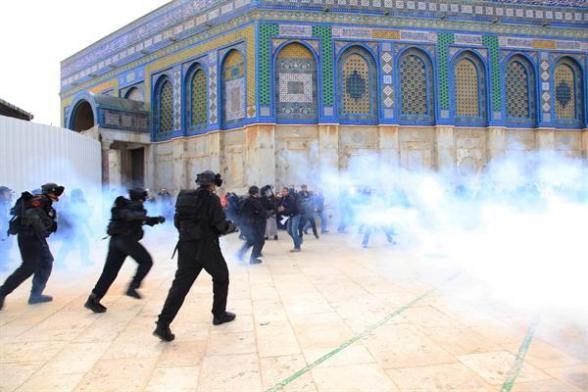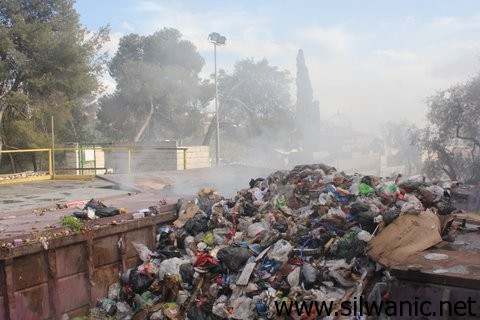Category: In the Media
-
In Photos: Clashes in Hebron’s Old city during a ‘Open Shudada Street’ rally
by Emilie Baujard 24 February 2012 | Demotix Hundreds of Palestinian and international activists protest in Hebron calling for the city’s al-Shuhada Street to be opened up to Palestinian traffic. The Israeli Army dispersed the protestors with stun grenades and tear gas. The Israeli Army entered the Old City to disperse the demonstration. Palestinian youth…
-
Israeli police clash with Palestinians in al-Aqsa, kill one
24 February 2012 | Press TV Clashes broke out after Israeli police fired tear gas and used stun grenades on hundreds of Palestinians who had gathered outside al-Aqsa Mosque following the Friday Prayers to protest against Israeli attacks on the holy site earlier this week. One man was killed amid protests in nearby Qalandia following…
-
Municipality creates garbage dump inside Bab Alsbat cemetery next to Lion Gate in the Old City
22 February 2012 | Wadi Hilweh Information Center – Silwan Large quantities of waste are being piled by the Jerusalem Municipality inside the Islamic cemetery (Bab Alsbat) next to Lions Gate in the old city, in a move that has upset and offended the City’s thousands of Muslim inhabitants. The Lions Gate, which lies close…



